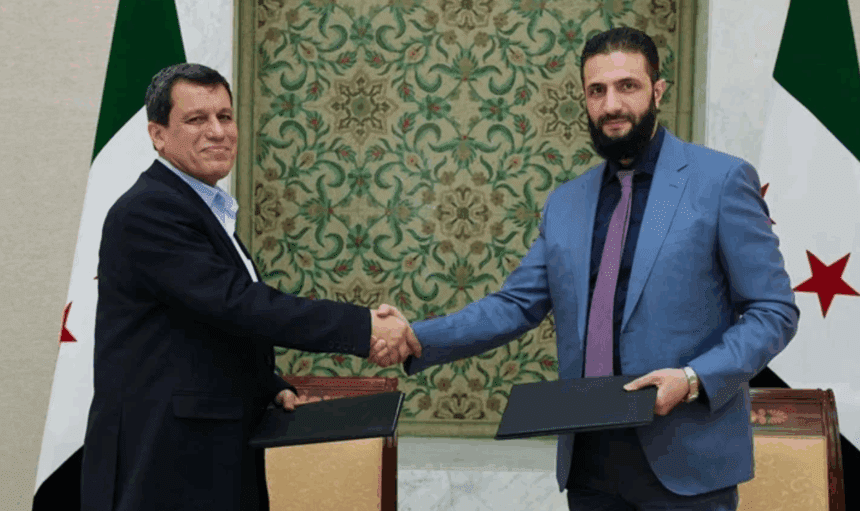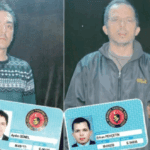Syria is on the threshold of a profound political transformation, according to the top commander of the U.S.-backed Syrian Democratic Forces (SDF), Mazloum Abdi, who described a March 10 agreement with the new Syrian administration as a potential turning point in ending over 14 years of conflict and ethnic fragmentation.
In a wide-ranging interview published Monday by the pro-Kurdish Yeni Yaşam news outlet, Abdi said the war had rendered Syria’s traditional model of centralized, authoritarian governance unsustainable. He pointed to the December 2024 collapse of Bashar al-Assad’s Baathist regime — now replaced by an interim government led by Hay’at Tahrir al-Sham (HTS) under Ahmed al-Sharaa — as a moment of fundamental geopolitical and ideological shift.
“Syria must change. Change will come,” Abdi stated, describing the country’s transition from a secular Arab nationalist regime to what he called a “nationalist Islamist” administration as unprecedented since Syria gained independence in 1946. He emphasized that Syria’s future lies in a decentralized political system that respects the roles of all ethnic and religious communities.
The March agreement, reached through months of indirect negotiations, was facilitated with assistance from U.S. and UK-based civil society organizations, which provided logistical and security support. It commits both the SDF and the HTS-led administration to a national ceasefire, gradual reintegration of territories under one Syrian state, and the inclusion of SDF fighters in a restructured national army.
Provisions also include establishing locally elected councils and enshrining constitutional protections for minority language rights. While many elements remain under negotiation, Abdi described the deal as a “principled agreement” that opens the door for political dialogue over further armed confrontation.
The deal comes amid continued instability, including recent clashes between SDF units and Turkish-backed factions near key infrastructure such as the Tishrin and Qaraqozak dams, and attacks targeting Alawite communities. Abdi said the urgency to halt this violence was a key driver of the agreement.
Despite Turkey’s long-standing opposition to the SDF, which it considers affiliated with the outlawed Kurdistan Workers’ Party (PKK), Abdi acknowledged that Ankara has not actively obstructed the March deal. “Turkey tells us, ‘You and Damascus must come to an agreement,’” he noted, though he added that Ankara remains skeptical about integrating SDF forces into a national army. “We are Syrians,” Abdi insisted, “and our forces have the right to be part of the Syrian army.”
The HTS-led interim government — financially supported by Gulf states and maintaining ties with Turkey and the United Kingdom — has been accused by Kurdish officials and human rights groups of promoting Arabization policies and seeking to dismantle the autonomous administration in northeast Syria. Critics warn that these efforts, coupled with pressure on the SDF to disarm, could destabilize the fragile ceasefire and reignite ethnic and sectarian tensions.
Abdi also framed Syria’s post-Assad alignment shift — away from Iran and Russia and toward new regional actors — as a seismic change in the Middle East. “This is not only a Syrian change; it will impact Middle East politics as a whole,” he said.
While the agreement has eased large-scale fighting, several contentious issues remain unresolved, including disputes over military command structures, oil revenue distribution, and control of key border crossings with Iraq. Abdi urged all sides to prioritize implementation and move the agreement from principle to practice.
“Our priority is to stop the war and resolve Syria’s problems through dialogue,” he said. “There should be no more civil war, and there should be a permanent ceasefire.”



